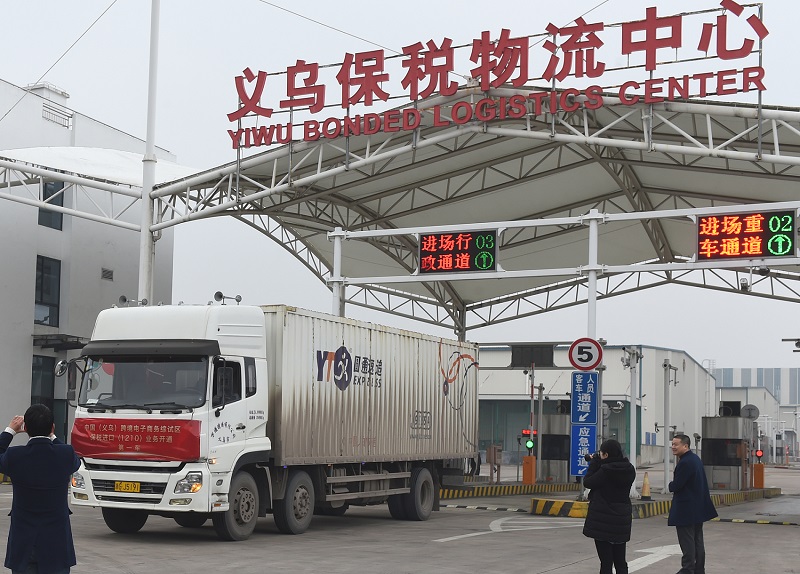China's new e-commerce law is scheduled to take effect on Tuesday, a move analysts said aims to regulate the market, protect intellectual property rights and create a sound consumption environment.

Photos: VCG
The new policy differentiates e-commerce operators into e-commerce platform operators, vendors on e-commerce platforms and those doing business on their own websites, including not only platforms like Alibaba's Taobao but also those selling products via social network apps such as WeChat.
The law requires e-commerce operators to have business licenses that work for both China and the country where they make purchases, and e-commerce operators should fulfill their tax obligations in accordance with the law, according to the Xinhua News Agency.
"Access to the industry was quite low before," said a 20-something Hong-Kong based private shopping agent (known as daigou in China) named Evans Yang.
"Consumers, introduced by acquaintances on WeChat, are attracted by advertisements we posted. And we can easily make deals online," Yang told the Global Times on Tuesday. Yang has been working as a daigou for two years and often goes to countries like South Korea and Japan to make purchases.
Yang said she is considering whether to continue the service under the new policy as "it seems to have become more complicated by requiring business licenses and tax," which will increase the management cost and lead to a rise in the product price.
But the new law does not aim to ban daigou, it strictly regulates the threshold for the industry and creates a sound consumption environment for Chinese consumers, an industry insider surnamed Chen told the Global Times on Tuesday.
Individuals or platforms, or anyone who attempts to evade tax or infringe intellectual property rights, will have to take legal responsibility for those actions, Chen said.
"The new policy will not curb the industrial development. Instead, it helps lay the legal foundations for the growth of the domestic e-commerce business sector, maintains order in the market and further advances its growth in the long term," Liu Dingding, a Beijing-based industry analyst, told the Global Times on Tuesday.
"But individual business owners will find it hard to operate under the new law, which will crack down on counterfeit goods that were easily sold by personal vendors in the past," Liu said.
The future prospect for the industry is that big e-commerce companies and platforms will dominate the market in a more compliant way, Liu said.
China has large growth potential for the cross-border e-commerce business, as the industry's transaction volume is expected to be 8.8 trillion yuan ($128 billion) in 2018 and will reach 12 trillion yuan in 2020, industry website ec.com.cn reported.
By 2020, China's cross-border e-commerce business volume will account for 37.6 percent of the country's total foreign trade, with an industry annual growth rate of nearly 20 percent, according to the report.


